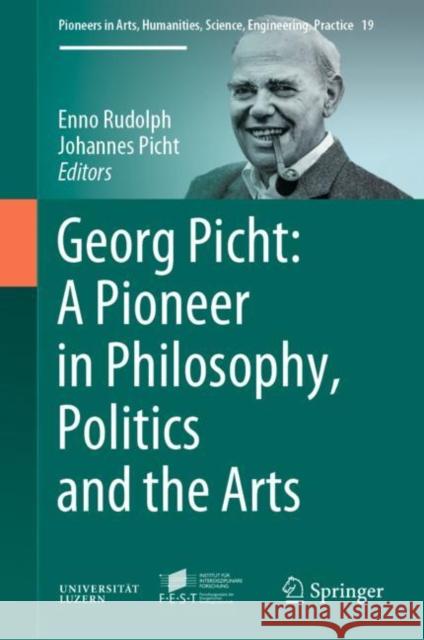Georg Picht: A Pioneer in Philosophy, Politics and the Arts » książka
topmenu
Georg Picht: A Pioneer in Philosophy, Politics and the Arts
ISBN-13: 9783030317898 / Angielski / Twarda / 2023 / 310 str.
Kategorie:
Kategorie BISAC:
Wydawca:
Springer
Seria wydawnicza:
Język:
Angielski
ISBN-13:
9783030317898
Rok wydania:
2023
Wydanie:
2022
Numer serii:
000798266
Ilość stron:
310
Oprawa:
Twarda
Wolumenów:
01
Dodatkowe informacje:
Wydanie ilustrowane











